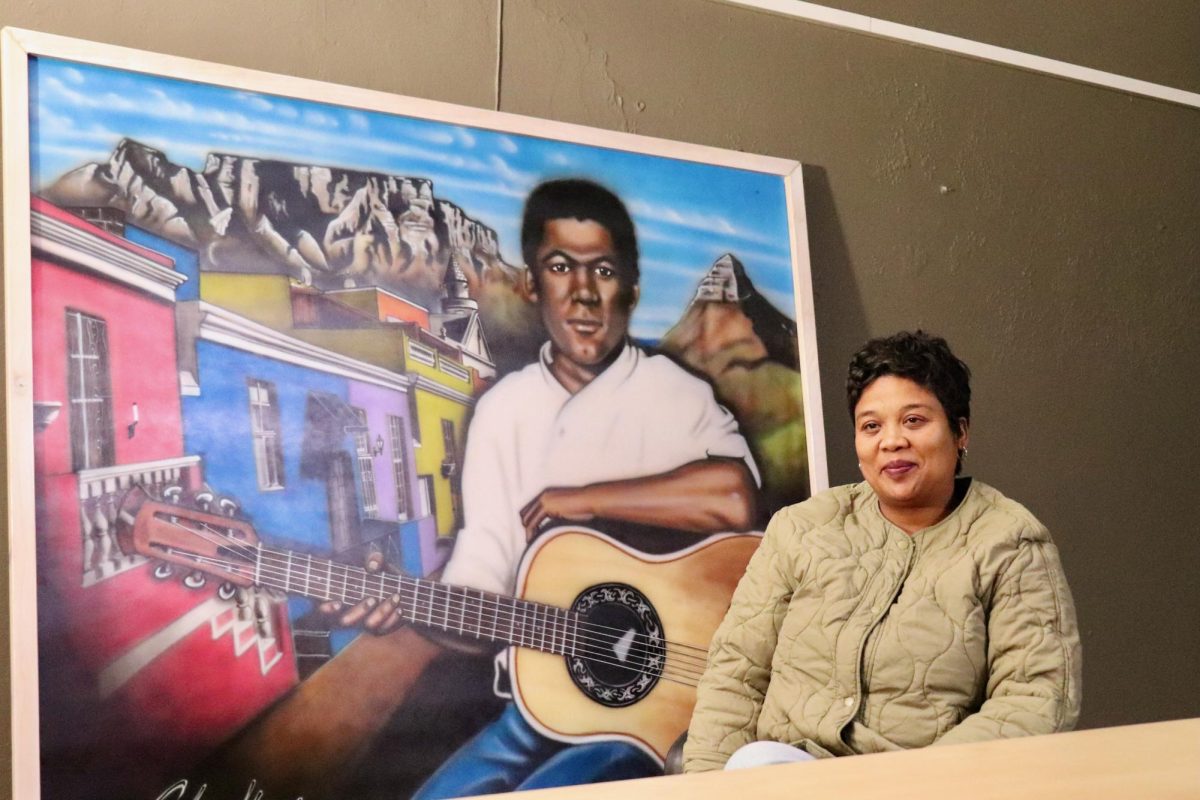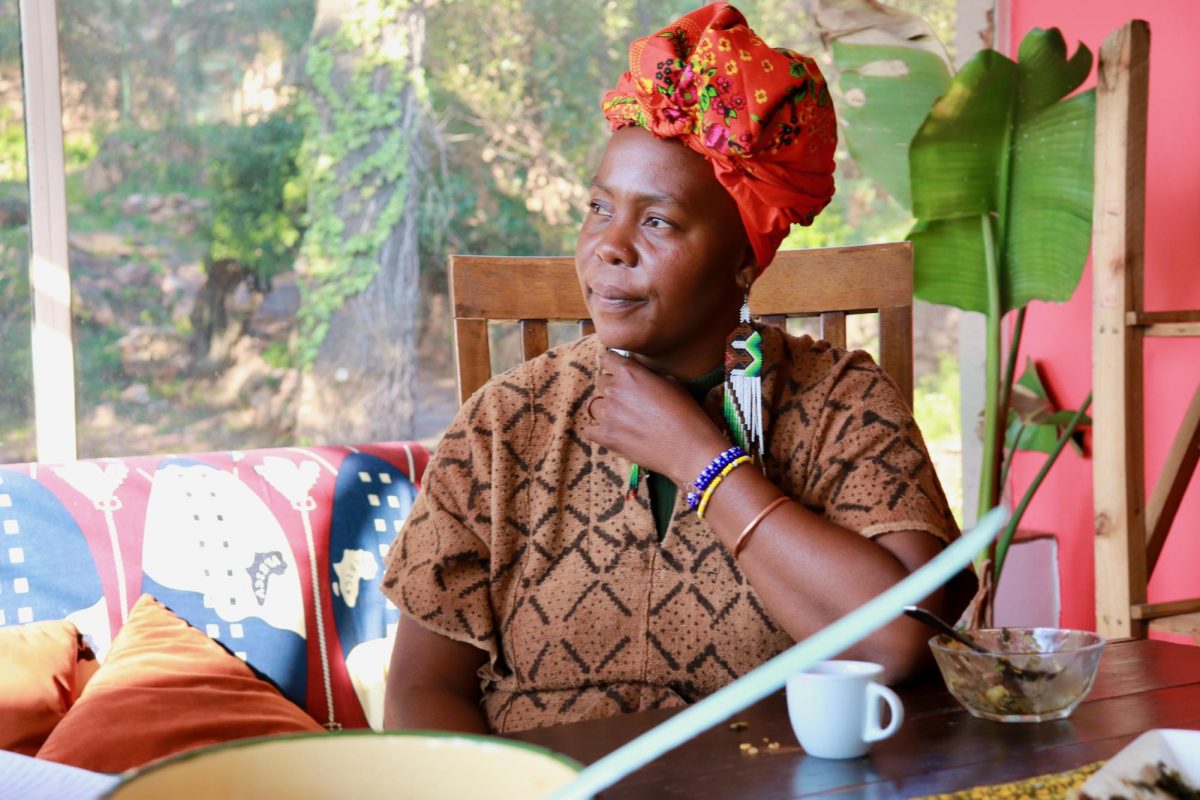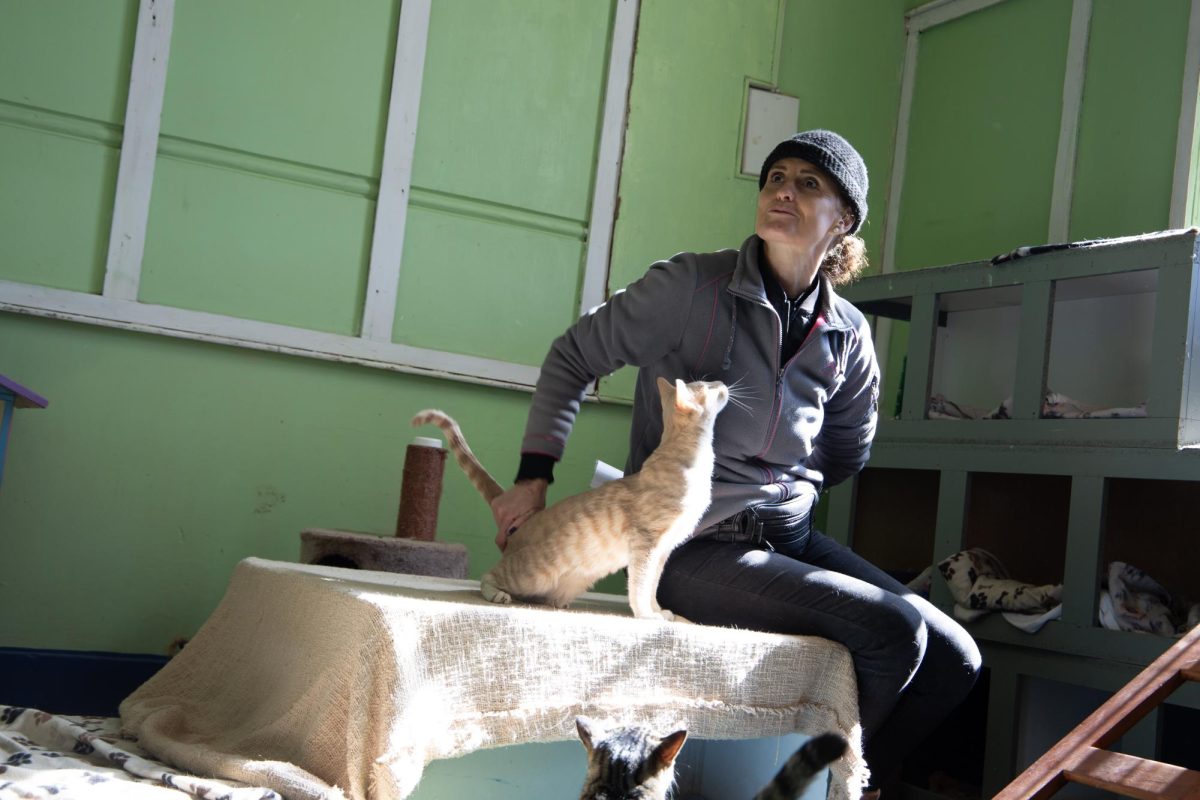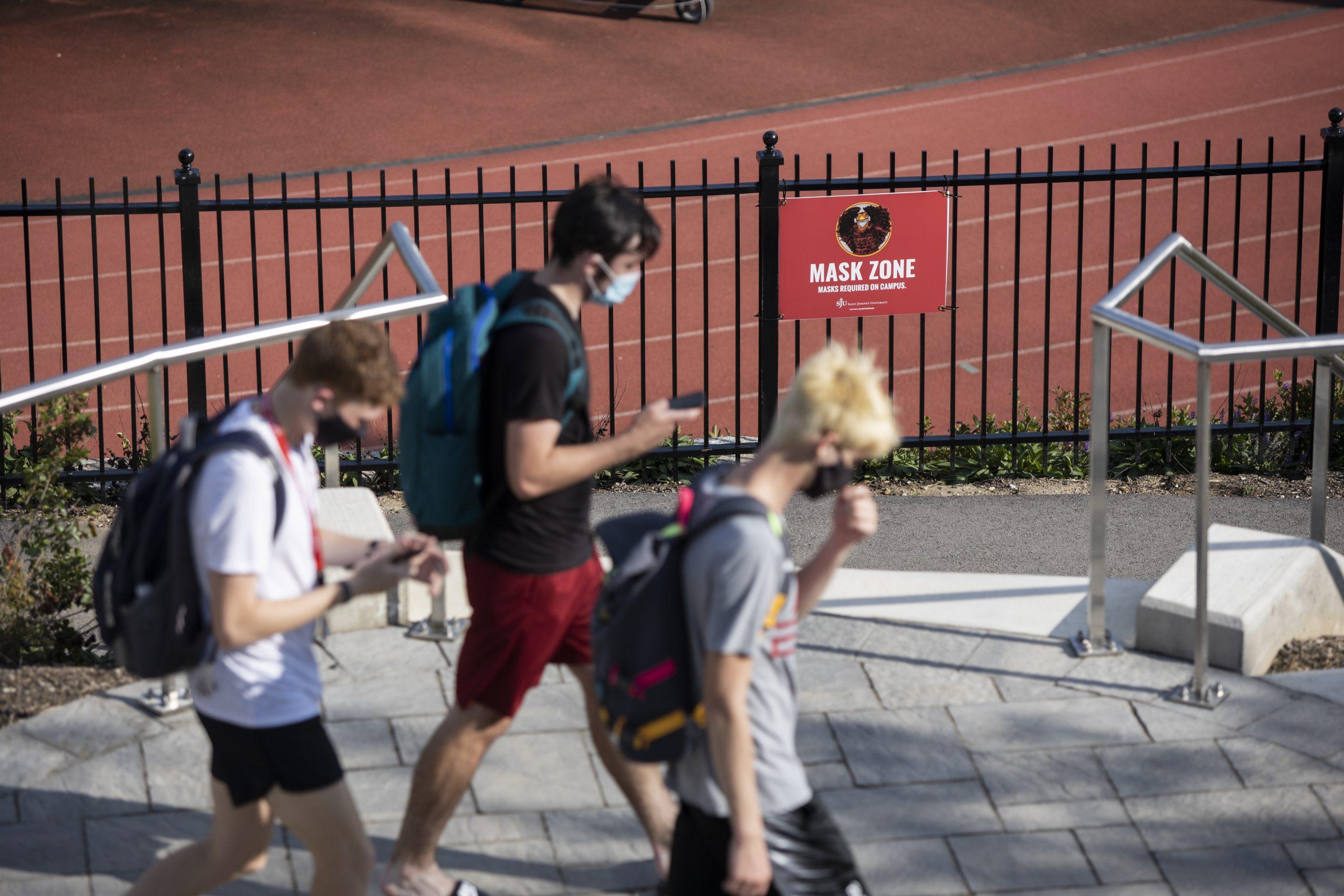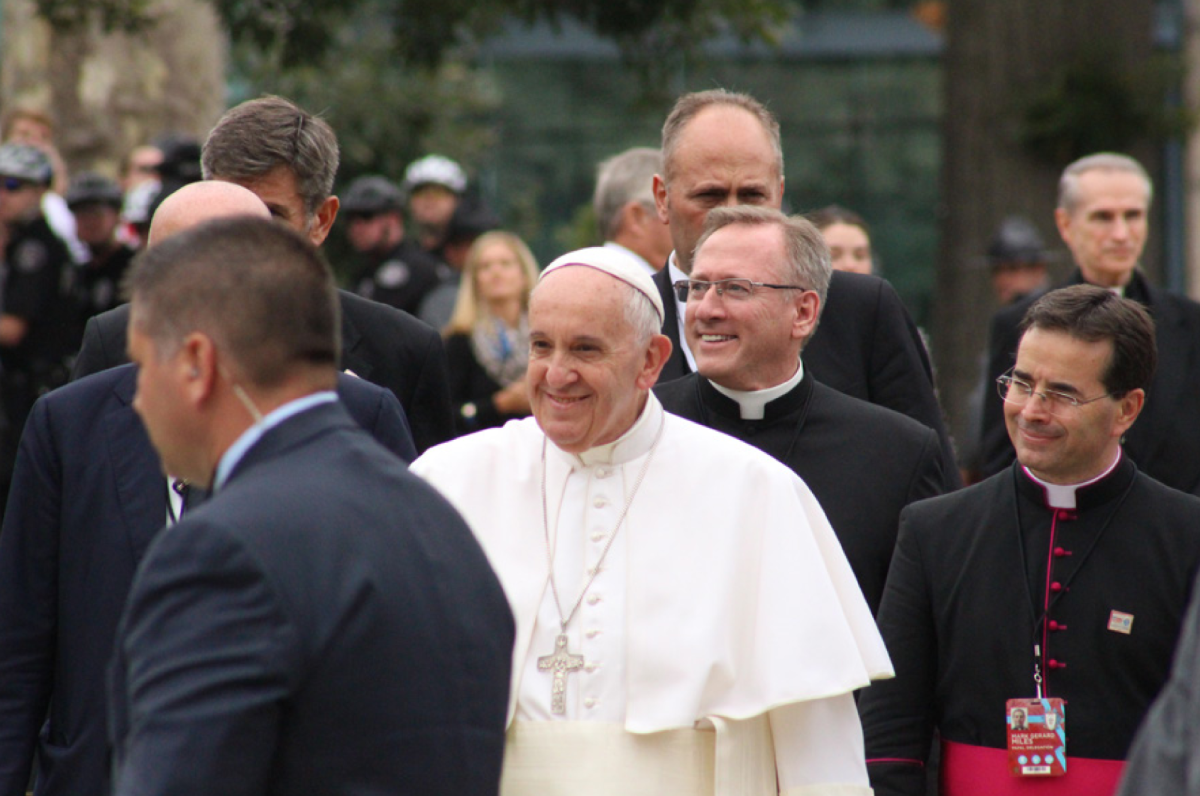In order to plan ahead for an on-campus spring 2021 semester, the university implemented five “working groups” to gauge the on-campus environment.
Each of the working groups, made up of students, faculty and staff—student experience, case management and experience, physical campus environment, academic experience and testing—are looking at what worked and what did not during the fall semester in order to adapt how the university will operate in the spring, according to Cheryl McConnell, Ph.D., provost and vice president of Academic Affairs.
“It goes beyond recommendations,” McConnell said. “Recommendations are a part of the work that these groups are doing, but they’re also doing the work itself.”
The student experience group is specifically working on ways to enhance student wellness and social programming in the spring semester.
Beth Hagovsky, Ed.D., director of Student Leadership & Activities, a member of the student experience group, said her subcommittee is focused on enhancing the outdoor spaces on campus with things like lights, picnic tables and adirondack chairs so that they are more conducive to informal and formal gatherings and programs.
“I don’t think I’m speaking out of turn when I say I think [students] would have liked there to be more,” Hagovsky said. “I think they might have been expecting a little more even though we tried to set their expectations that health and safety were a primary concern when they first got here. But I think people were disappointed and probably remained disappointed throughout the semester.”
Hagovsky said the working groups have the mindset that the university needs to be prepared and ready to go at the start of the spring semester, as opposed to waiting to start planning like in the fall semester. She said they are paying attention to the current spike in COVID-19 cases on campus and in Philadelphia and realize that that might have some “serious implications” for the plans.
“Naturally that has factored into our conversations and our tentative thinking or planning for the spring semester,” Hagovsky said.
Gabrielle Stevenson ’21, vice president of University Student Senate (USS), is serving on the subcommittee for the physical campus environment, which is tasked with addressing the safety of on-campus spaces, as well as managing classroom space. Stevenson said one of the discussions within her subcommittee deals with health and safety protocols in the residence halls in light of the recent COVID-19 outbreaks in Villiger and LaFarge residence halls.
“The main discussion is what quantifies a rationale for closing an entire residential building or making it a ‘hotspot?’ Because we are the committee that’s working closest with custodial employees,” Stevenson said. “So, if a residential hall is considered a ‘hotspot,’ how do we prepare our custodial staff members to enter that space?”
McConnell said the testing group is looking at ways to enhance campus arrival, surveillance and departure testing protocols and technology. In addition, the case management and experience group will be addressing contact tracing protocols and both isolation and quarantine protocols for the campus community.
Stevenson also said managing available on-campus spaces has been an important topic of discussion for her group. Stevenson said students struggle to find adequate space on campus to study, transition from in-person classes to online classes or safely meet up with friends. One goal the committee has is to create an updated list of all available campus space that students might be able to reserve for a period of time to study or hold club meetings.
“Students want to find other spaces to just be able to hang out,” Stevenson said. “Because right now the only hangout space is our outdoor spaces, or in the classroom, and that’s not really hanging out.”
McConnell said the academic experience group will be addressing other concerns for students and faculty within the classroom, regarding things such as enhanced technology for hybrid classes and streamlining communication between students and faculty.
Along with these five groups, there is a steering committee that meets every Friday to share the groups’ progress. McConnell said progress will continue to be shared after Thanksgiving break through to January, and each group has a different date for when they will finish their work.
“One of the earlier ones that is slated to finish is the student experience [group],” McConnell said. “The physical environment will be in January. But in December we will land on a testing strategy. The challenge there is to wait long enough so that we have the most current information and the most updated testing availability with the need to fully communicate.”
In order to build upon some of the protocols and actions that proved to be a challenge in the fall, McConnell and Stevenson said having student voices in the working groups has been valuable in gaining perspective necessary for the spring semester.
“When they were planning things for the fall, there was little to no student input,” Stevenson said. “Hopefully this will improve some of the general and small nuances of what it feels and looks like to be a student who spends all their time on campus, and [will] make it a better place for everyone.”
Jillian Garvey ’21, president of USS, is overseeing USS involvement in the spring semester planning process. She said everyone is “pretty optimistic” about plans because the fall semester gives the university a starting point to build from. It was difficult to predict what the first full semester underscored by a pandemic would bring, but Garvey saw it as a learning experience.
“We at least have a concept now,” Garvey said. “We have a baseline. We didn’t have that in the fall coming in and we really didn’t know what student reactions were going to be towards the ideas we wanted to implement, and could not really gauge how to adjust things.”
In order to better gauge student involvement this semester, the university sent out a survey titled “Student Survey: Feedback to Spring Ahead” on Nov. 19 via a university announcement.
Questions gauged the students’ stance on engagement and social programming as well as the effectiveness of communication about campus resources.



















